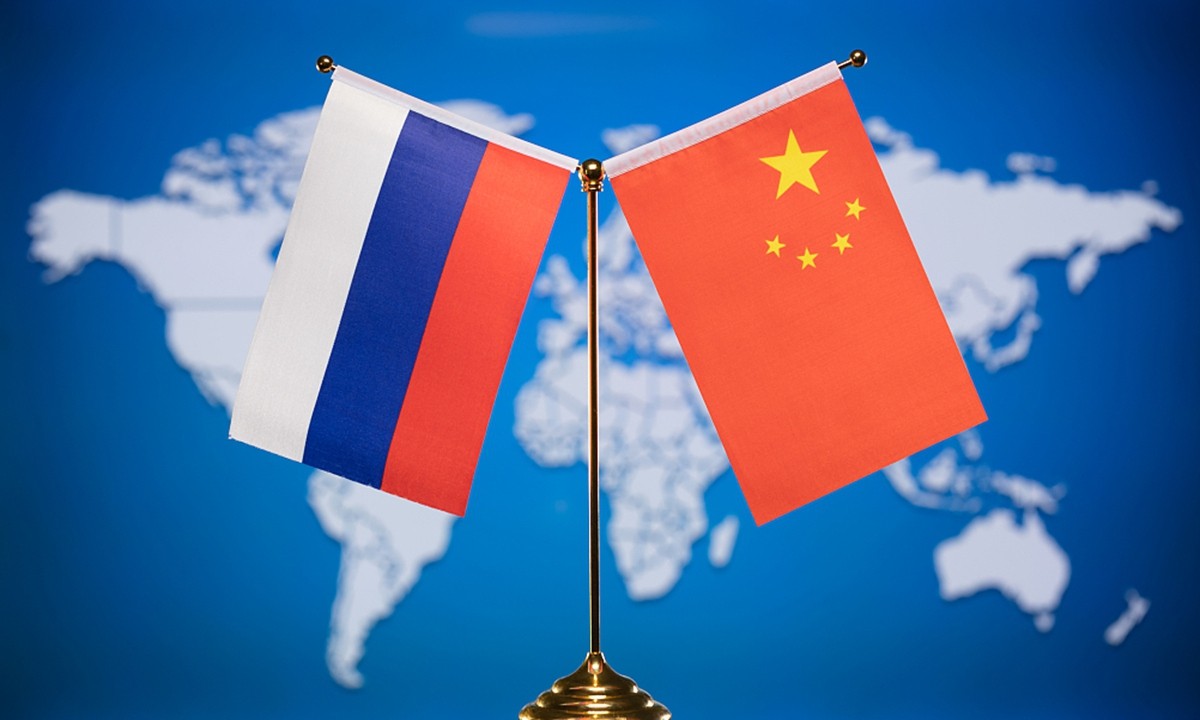Alexey Ivanov, Director of the BRICS Competition Law and Policy Centre at the National Research University Higher School of Economics, believes that the countries can become ambassadors of a new methodology for regulating the digital economy in the BRICS space.
Expert communities, regulators and digital giants of Russia and China are capable of developing a new antitrust paradigm and becoming ambassadors of a new methodology for regulating the digital economy in BRICS. This was stated by Alexey Ivanov, Director of the International BRICS Competition Law and Policy Centre at the National Research University Higher School of Economics, following the Russian-Chinese Research Symposium on Analysis and Comparison of Approaches to Digital Economy Management in BRICS Countries held in Beijing on September 8.
"I am confident that through the efforts of our (Russian and Chinese) expert communities with the participation of major digital companies and regulators we will be able to develop a new anti-monopoly paradigm. I see the potential for Russia and China to become ambassadors of a new methodology for regulating the digital economy in the BRICS space, which is now actively expanding,"
Ivanov said,
The symposium was organized by the BRICS Centre headed by Ivanov and The Center for Industrial Development and Environmental Governance (CIDEG) of Tsinghua University. Representatives of the BRICS Centre, Chinese professors and students, Chinese companies Alibaba and Tencent took part in the discussion. The BRICS Centre presented at the symposium its research project on "ecoantitrust", which is being developed jointly with the Vienna-based International Institute for Applied Systems Analysis (IIASA).
The concept of "ecoantitrust" is based on the analogy of digital and natural ecosystems. In antitrust regulation it is planned to use a "natural approach" — just as business uses ideas from ecology and biology to organize business processes. According to the authors of the project, this will make it possible to adapt antitrust activities to the realities of the new economy. As Ivanov noted, the new methodology should be inspired by the same principles and views as the very business strategies of the modern digital giants it works with.
"The experimental, dynamic, adaptive nature of the 'ecoantitrust' approach we discussed today in Beijing laid fertile ground for contemporary Chinese discussions on the regulation of the digital economy. Both academics and representatives of digital companies praised our project and emphasized the tremendous promise of this approach for regulating new industries, especially artificial intelligence,"
said the Director of the BRICS Centre.
In addition to Ivanov, key speakers at the symposium included BRICS Centre partners Elena Rovenskaya, IIASA Program Director, Ettore Maria Lombardi, Professor at the University of Florence, and Zhiyuan Cui, Professor at Tsinghua University.
Source: TASS




